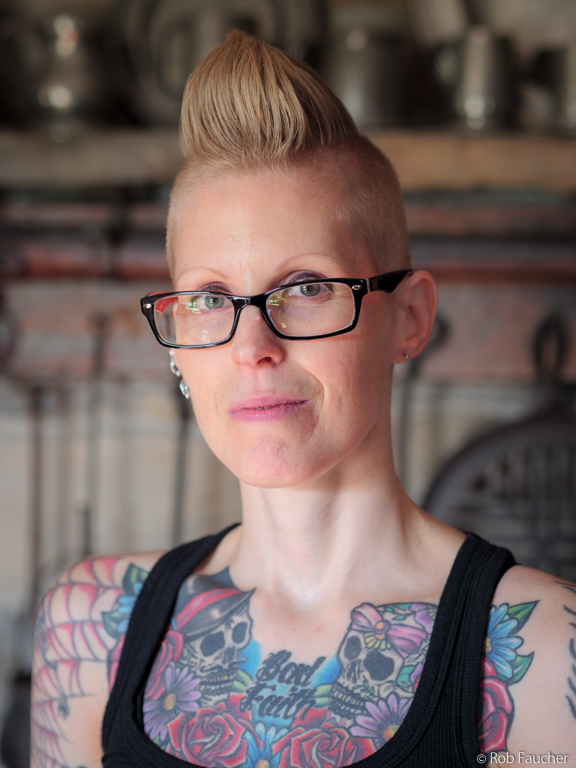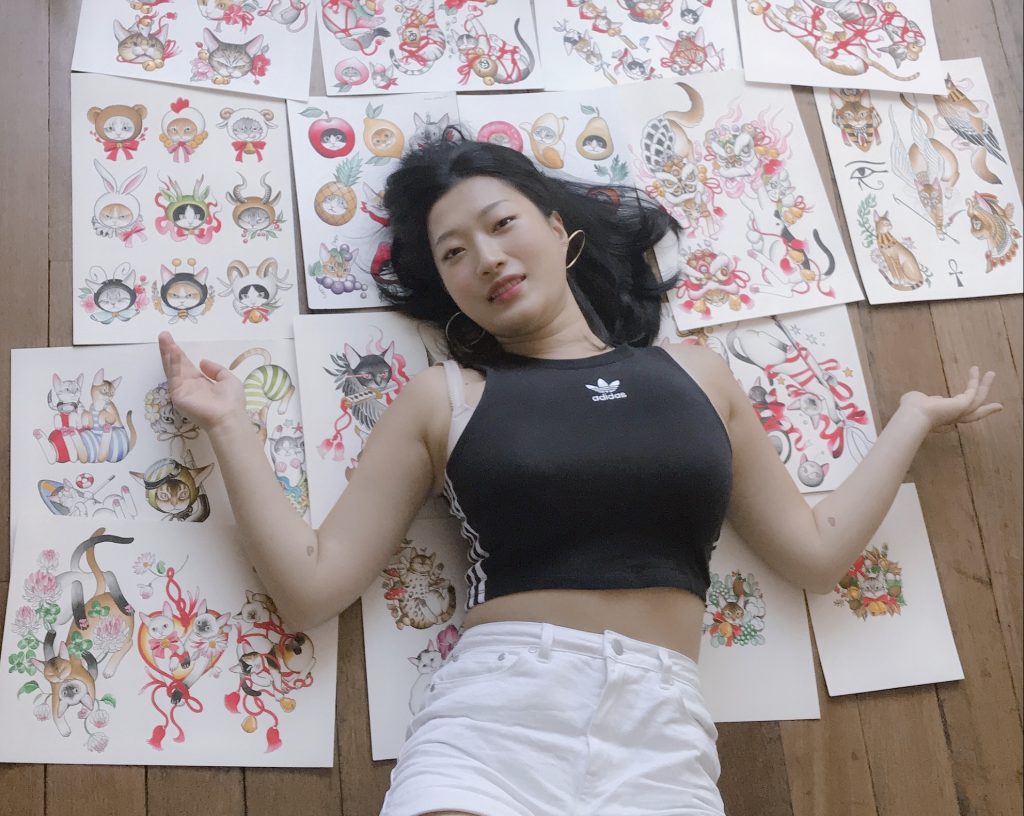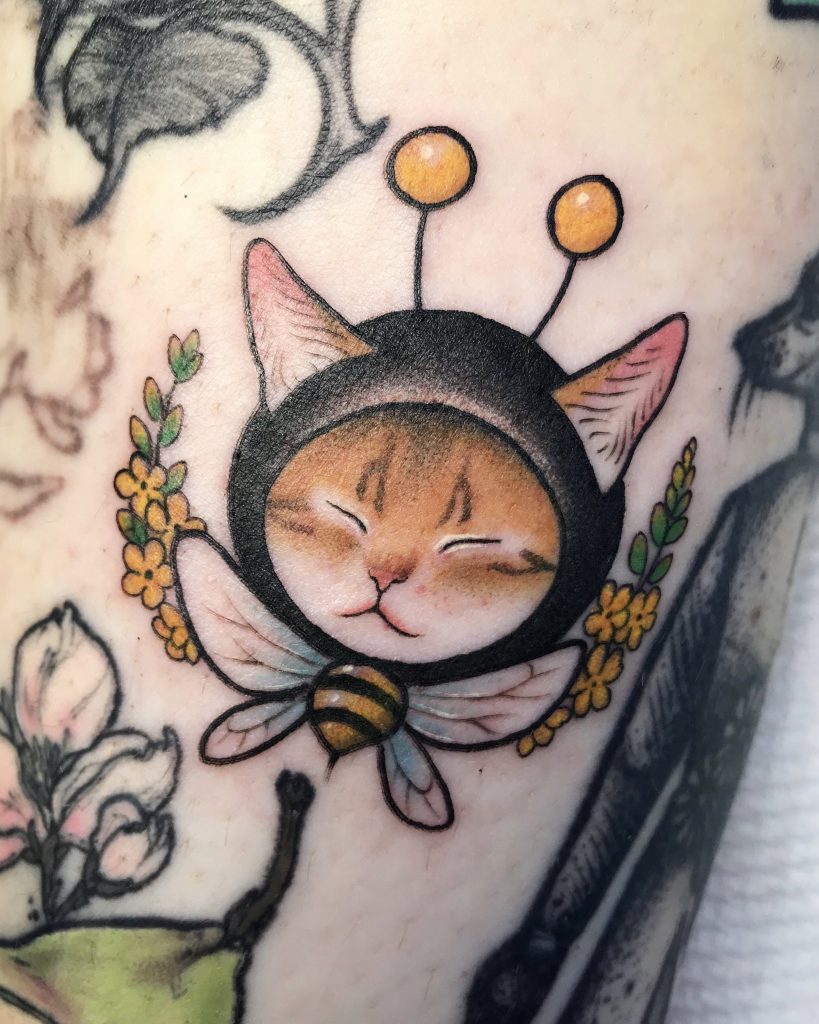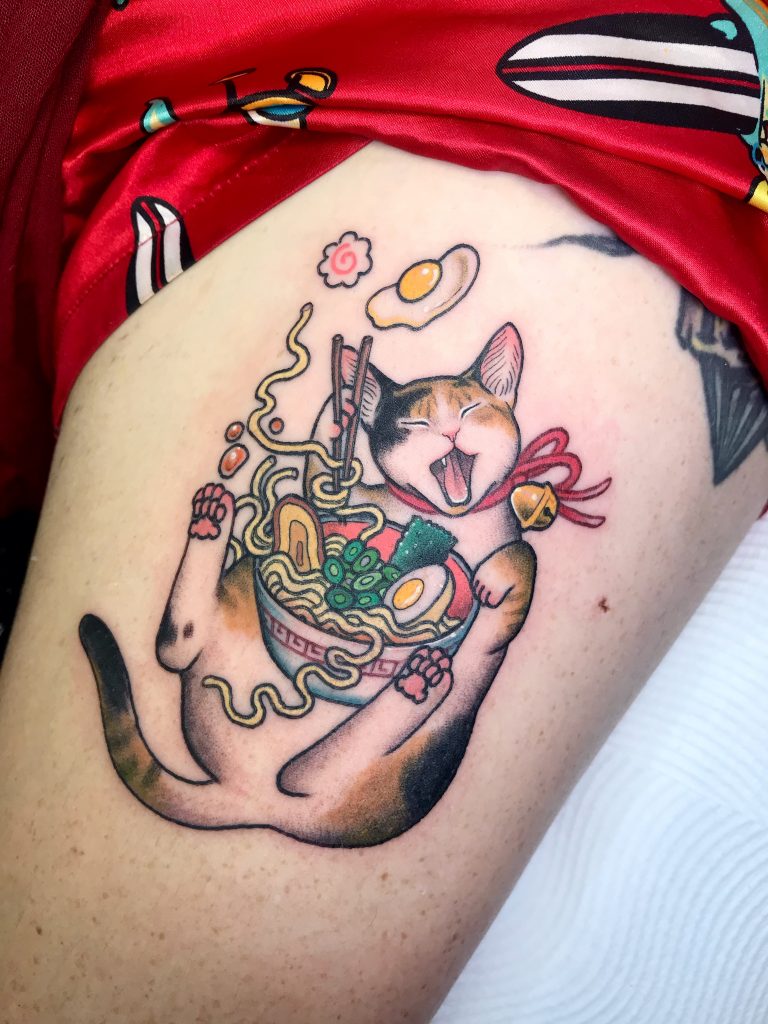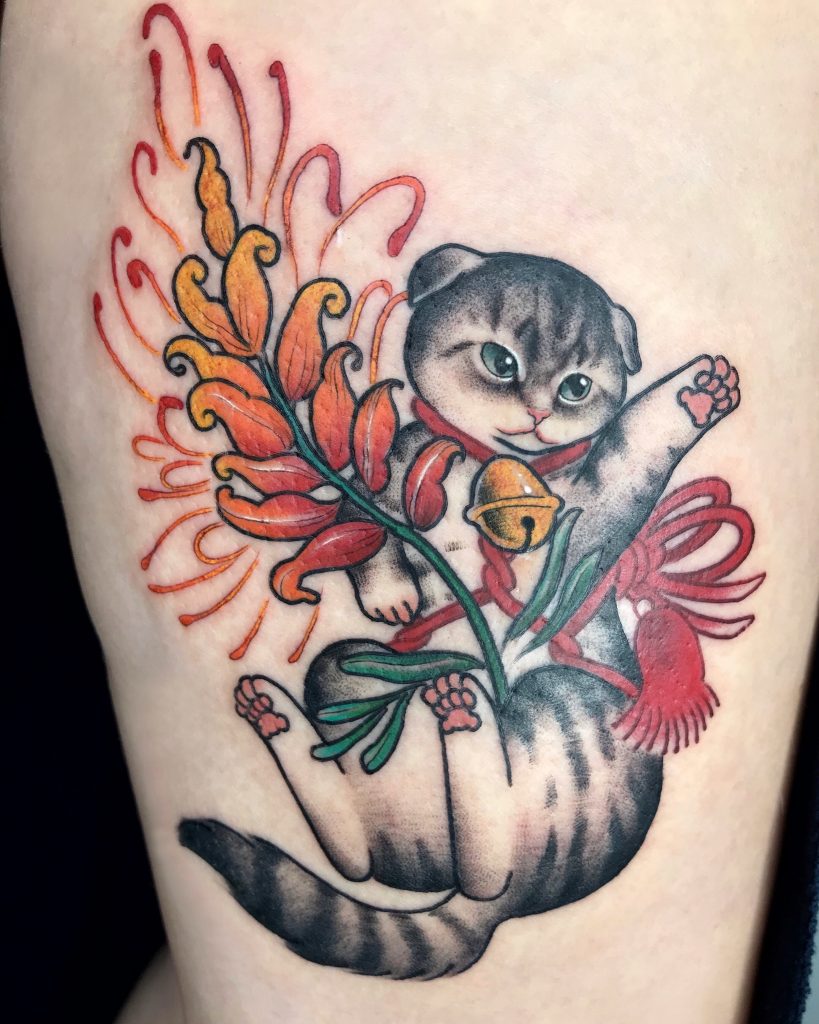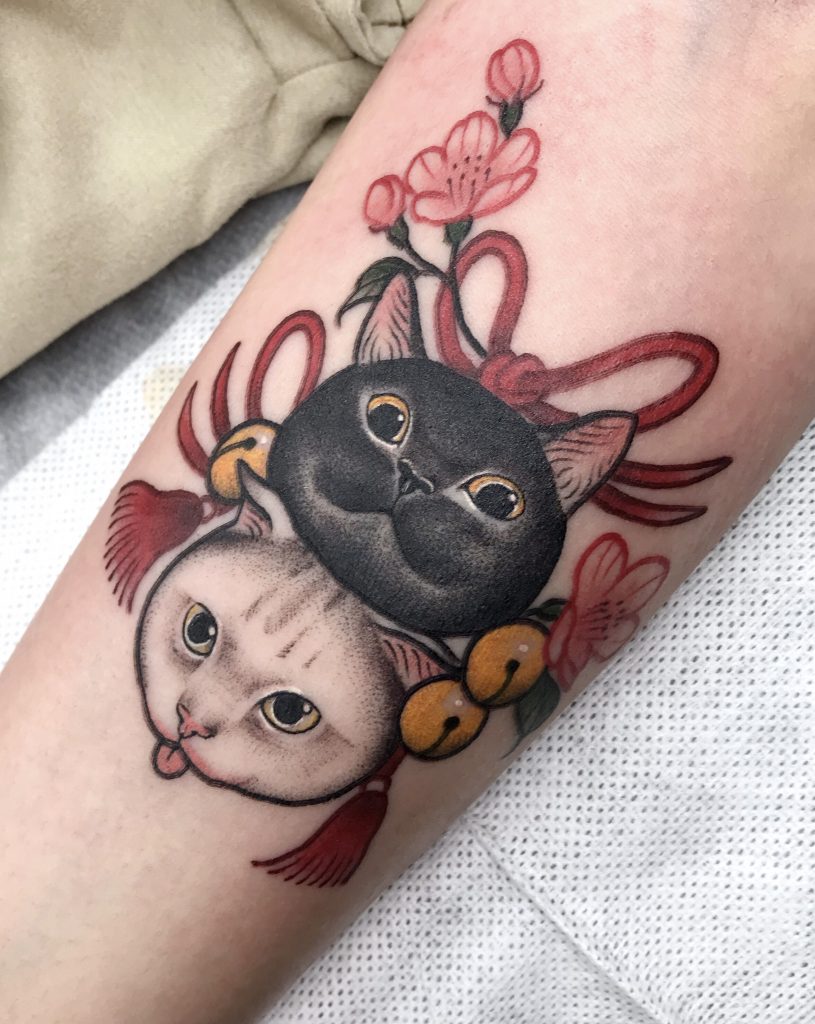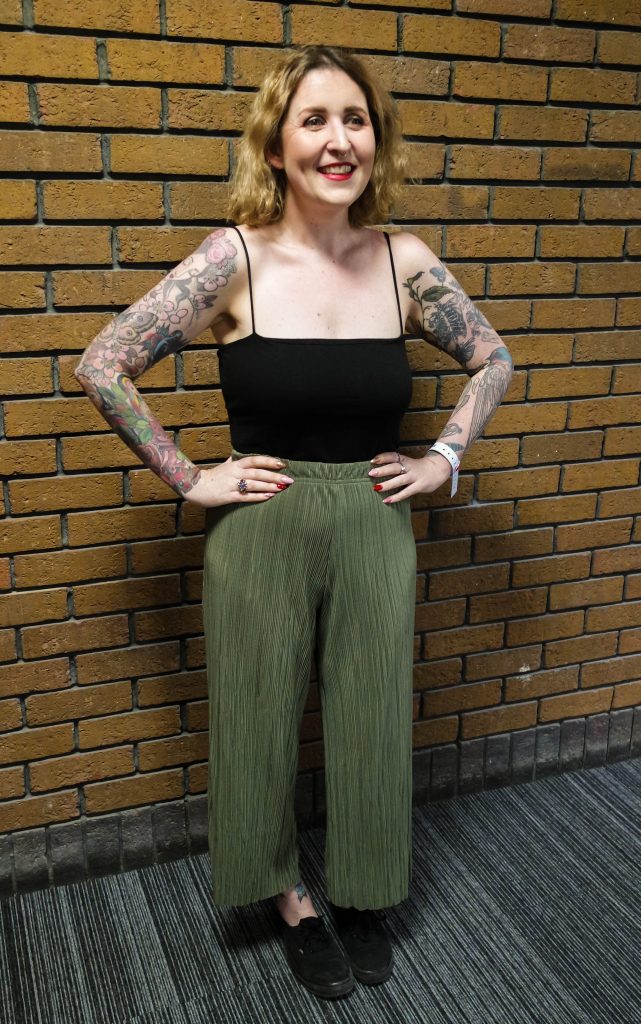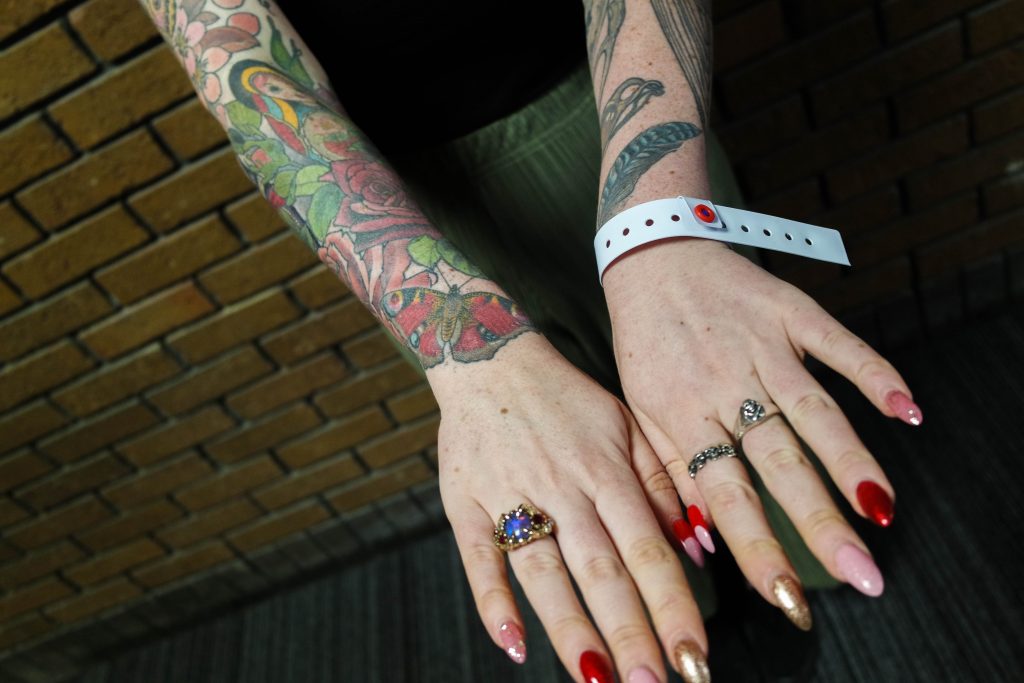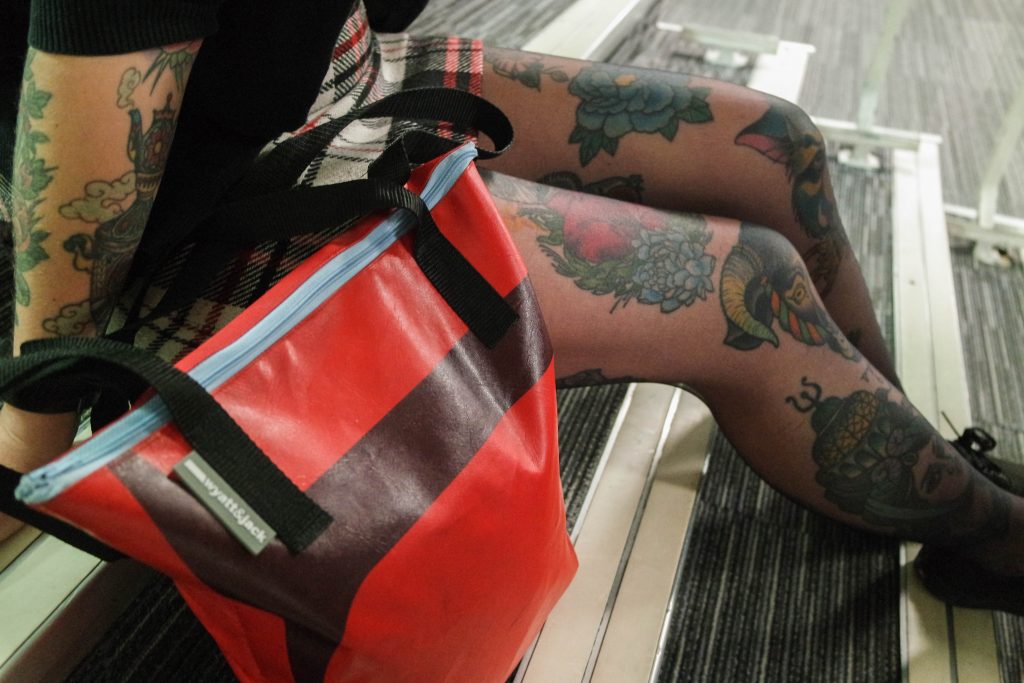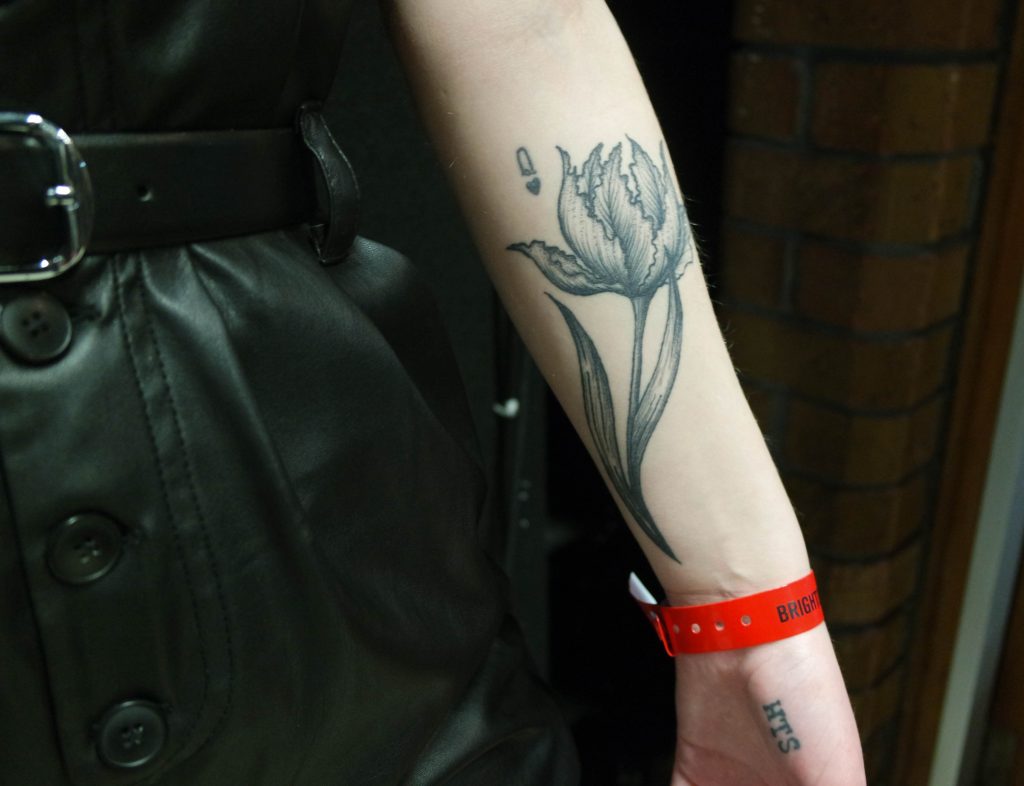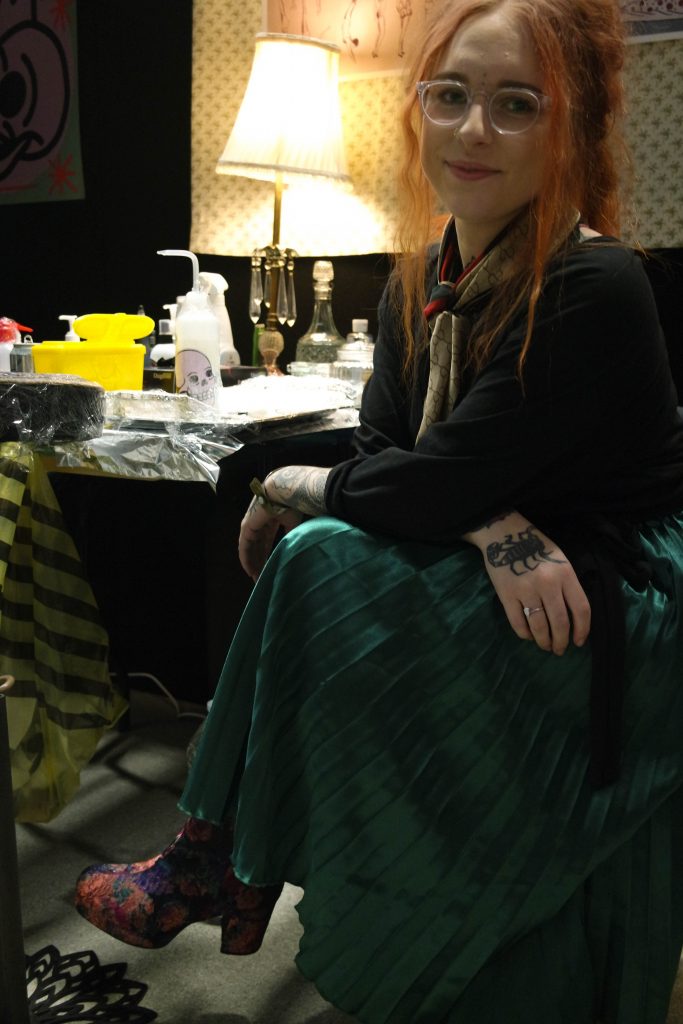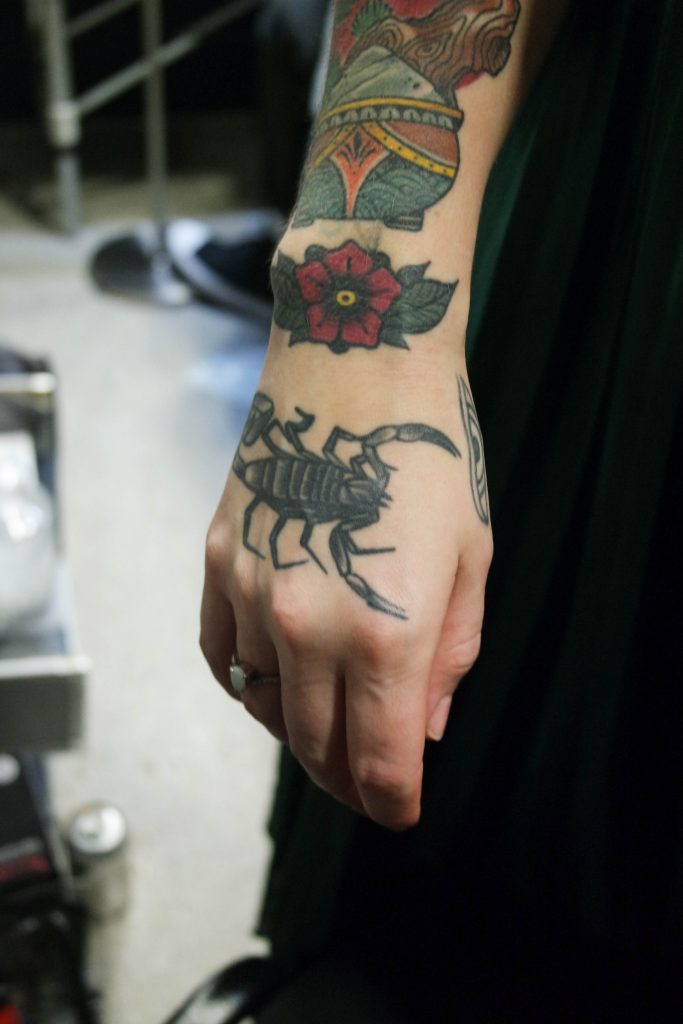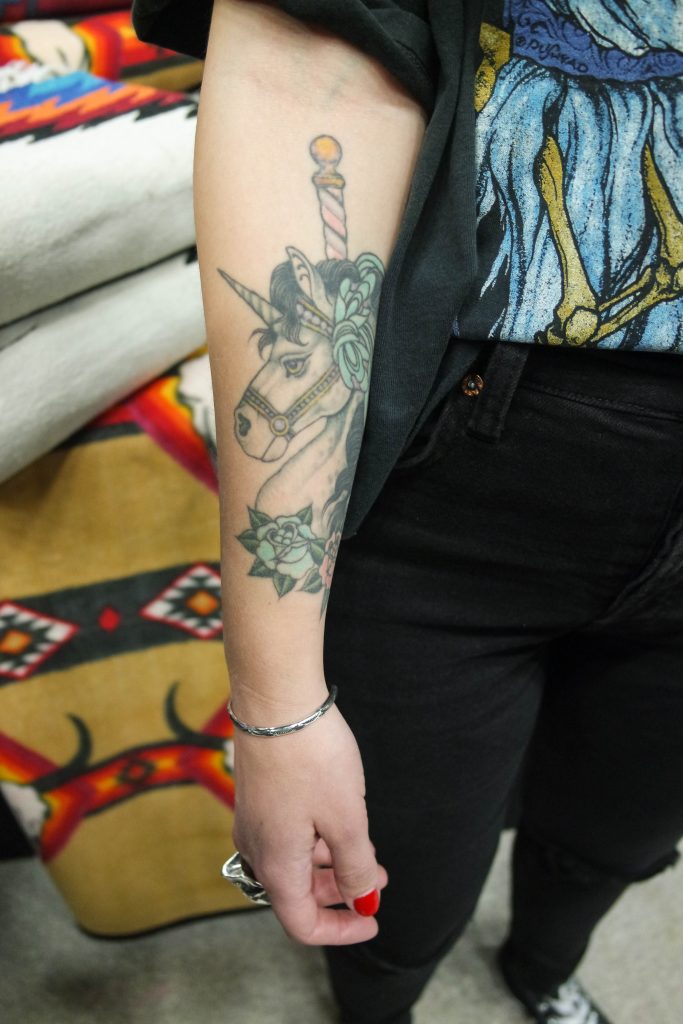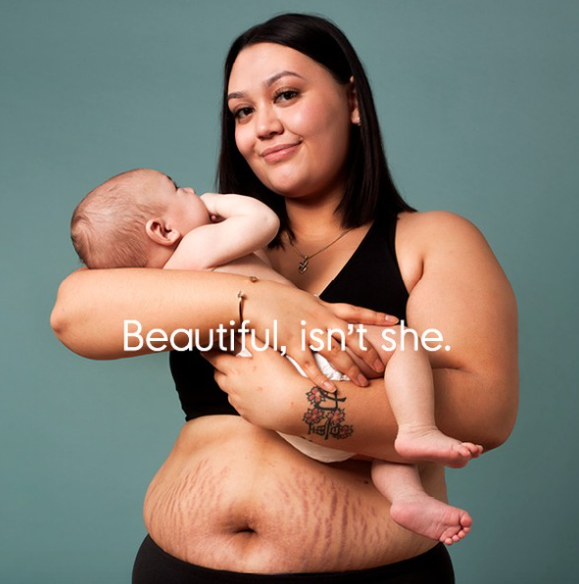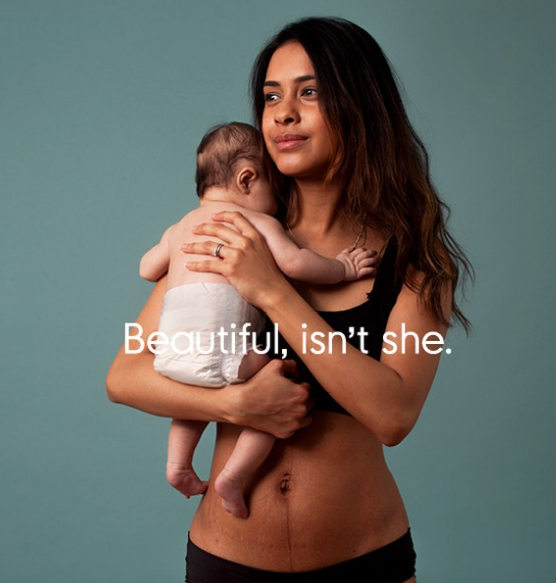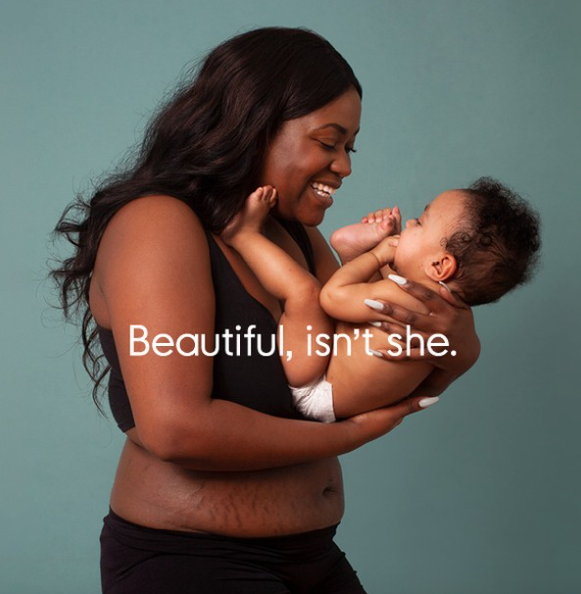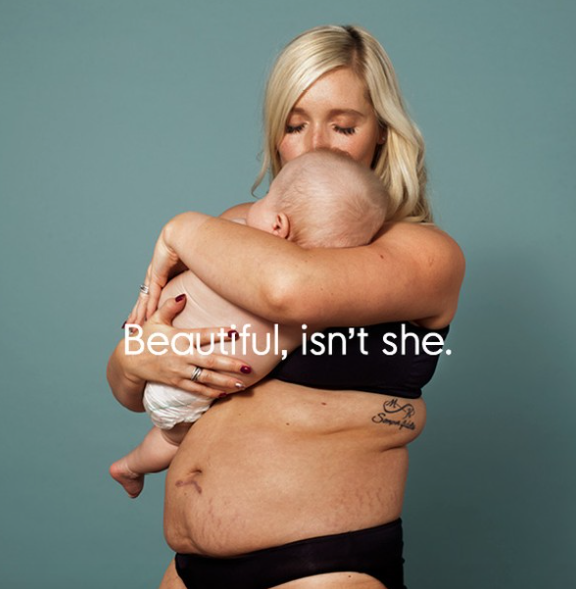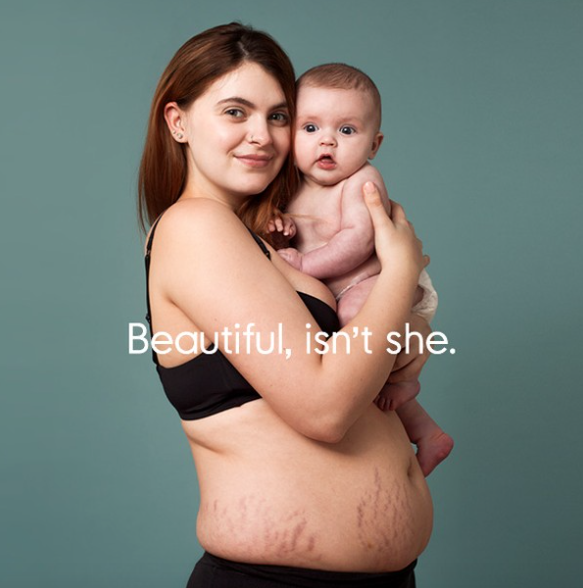London based, freelance graphic designer Ellen Danielle Duffy, decided to create Brave Collective while kicking some breast cancer ass. A brand who are purveyors of merch inspired by rock culture, spreading the word on cancer in young adults. We chatted to Ellen about the brand’s ethos, her diagnosis and of course, tattoos…
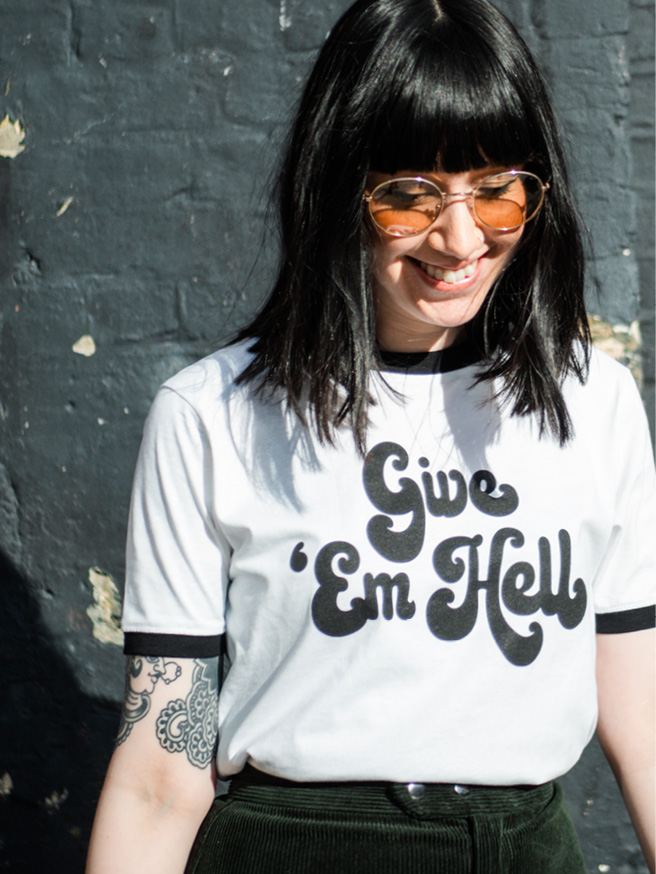
Founded by someone who has had cancer for anyone affected by cancer, Brave Collective provide a platform for young adults to tell their story and support each other. No young adult should ever have to face cancer alone and I’ve seen first-hand the power that a support network can have.
I firmly believe that no matter who you are or where you’re from we’re all in this together; we’re braver together.
Whether you’ve had cancer yourself, are caring for someone with cancer, or are a friend, family member or loved one, we’re here as a reminder that you’ve got this and we’ve got you.
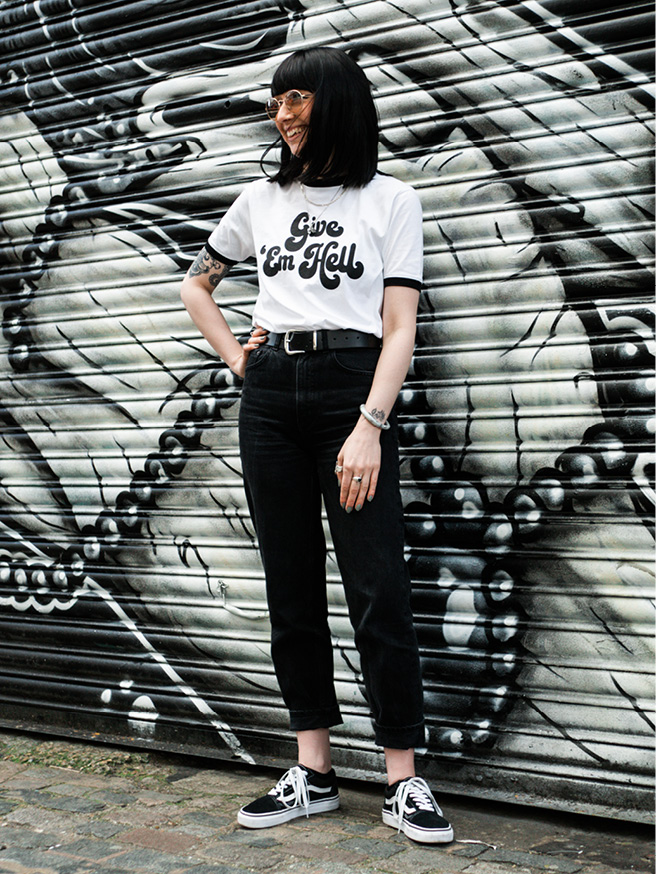
What inspired you to create the brand and what message do you hope to spread? Every year in the UK 12,500 young adults are told they have cancer.
Throughout my own cancer diagnosis and treatment, I’ve found there’s a shortage in age-specific support for young adults with cancer. Many charities offer support for teens or adults aged 25-45, but the reality is a person in their 20s or 30s is at a very different place in their life to someone in their 40s. Your 20s and 30s are the years that have the potential to shape and influence the rest of your life and it’s for this very reason that age-specific support at this time is so important. That’s why Brave Collective chose to partner with and donate a percentage of their product sales to three awesome charities – Trekstock, CoppaFeel! and Wigs For Heroes – not only are they raising awareness, but they bridge that gap and what they offer is invaluable to any young adult living with and beyond cancer.
As a brand, we want to raise as much awareness as we possibly can, showing what cancer in your 20s and 30s really looks like by sharing the stories of some incredible individuals and continuing to raise money for these amazing charities and their life-changing work.
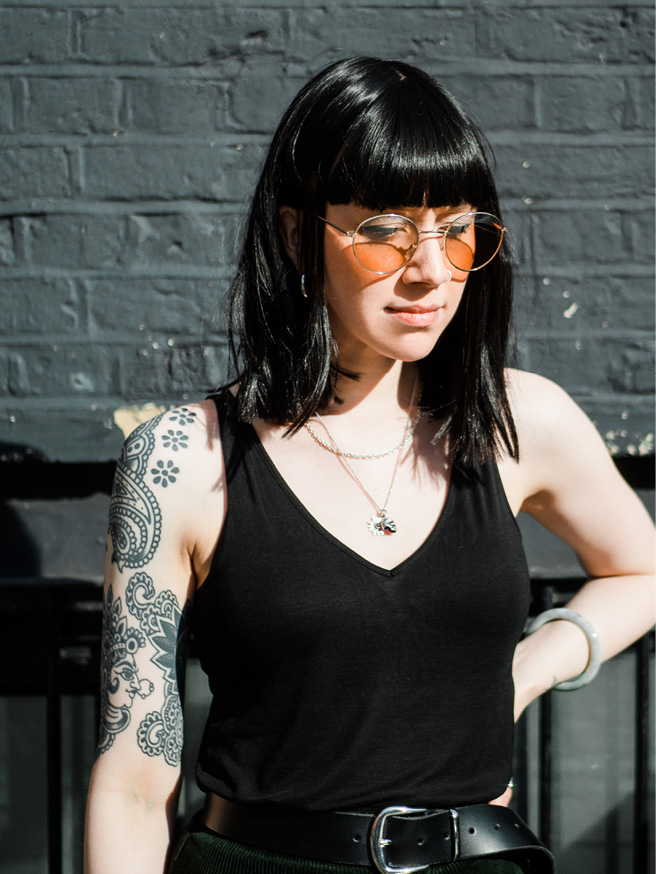
Can you tell us about your diagnosis and your treatment so far? I was diagnosed with breast cancer at the start of summer last year when I was 28-years-old. I’ve since had chemotherapy, extensive reconstructive surgery and I’m currently undergoing radiotherapy – the last stage of my treatment.
It’s been a long and very tough year. I’ve had to temporarily put much of my life on pause for a year in order to save it. It’s been difficult seeing how my diagnosis has impacted my family and partner and watch friends lives continue to move forward, as they should, whilst I fight for my own. All of this aside and as cliche as it feels to say, through all of the hardships and heartbreak there have been some pretty incredible moments and through sharing my story on Instagram, I’ve met some incredible people along the way.
My doctors have recently told me I’m now cancer free and I still can’t quite believe it – I still have to stop myself from saying “I have cancer” because I HAD cancer, and I kicked its ass.
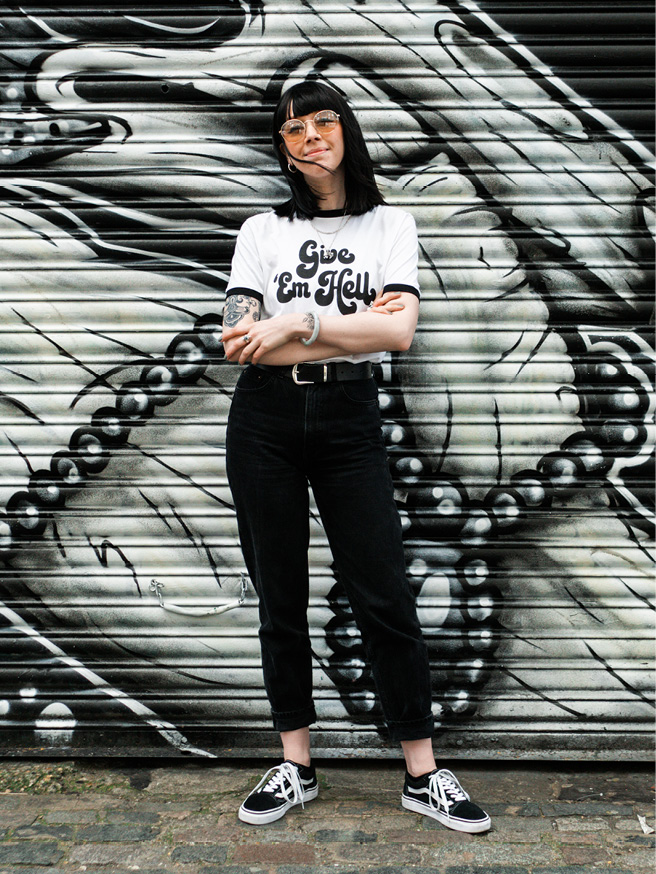
How has having cancer affected the way you view your body and your relationship with it? I’ve had a love hate relationship with my body over the course of the last year. I’ve lost trust in my body since my diagnosis and it’s going to be a lengthy process to rebuild this, but together we’ve been through a lot so I try to be kind.
Like so many others, almost all of my hair fell out during chemotherapy. Making the transition from looking well to visibly poorly so quickly was hard and there were times I found it difficult looking at my reflection in the mirror. At the time making the decision to shave my head felt huge – it may have seemed like ‘just hair’ to some but it was this moment that really concreted my diagnosis and what was happening to me. The relief I felt once I’d made the commitment was overwhelming. Taking charge felt really good, like I’d regained just a small amount of the control I lost during this time. I’ve since taken this time as an opportunity to experiment – I’d always wanted grey hair but no colourist would touch my decades worth of home bottle-dyed jet black hair! Thanks to wigs this was finally possible for me.
Since surgery I have a pretty big scar that runs from underneath my left breast to my shoulder blade and another in my armpit. I’m proud of the marks that cancer has left on my body; much like some of my tattoos they’re meaningful for me – they symbolise the hardest year of my life and everything I’ve overcome.
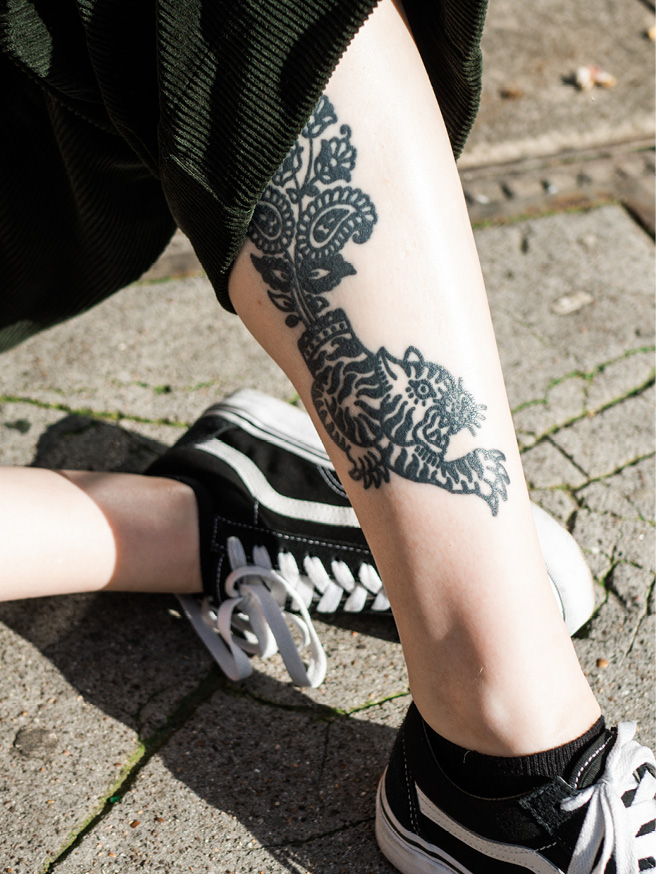
What inspired you to start getting tattooed? I knew from young age that I wanted tattoos. I love everything about them – the creativity, the process, the culture. There’s something quite special about being able to collect art in a way that is so personal and individual to you.
Most of my tattoos are inspired by traditional mehndi and I have quite a few pieces by Sway and Matt Chahal. My favourites are the deity on my arm (Sway) and the tiger on my leg (Matt Chahal). I’m looking forward to getting more once my treatment is over and have a bucket list of artists from around the world that I’d love to be tattooed by.
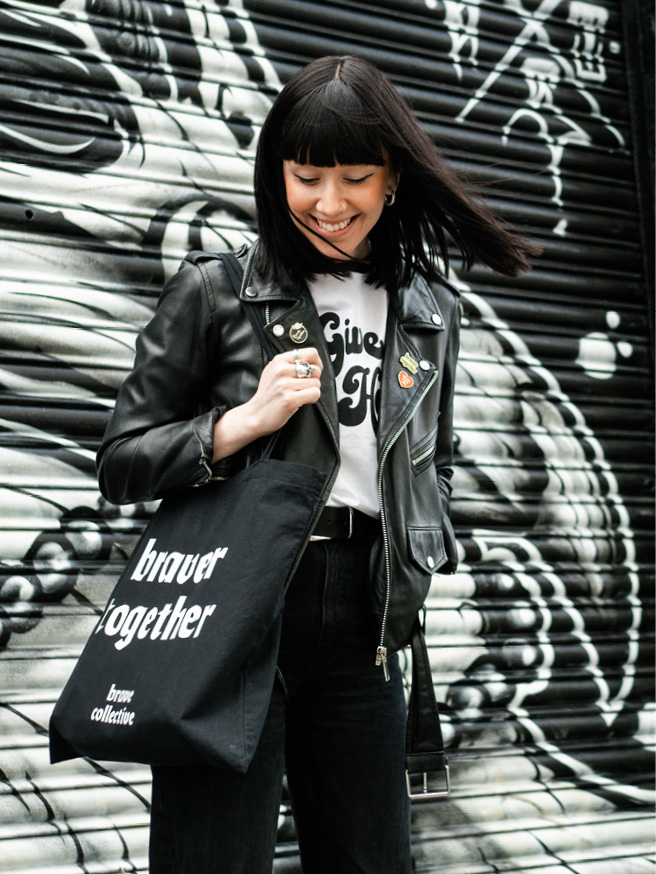
What’s next for you and Brave Collective? I’m always working on new ideas for the brand. There’s a number of artists I’d love to collaborate with, tattoo artists included. I’m currently working on a collaboration with illustrator, Matt Sabbath and products should be available to shop in May of this year. I’m really excited about this, he’s an awesome artist and I massively respect his work.
I’d love to eventually reach the stage where we’re raising awareness, offering a platform of support and showcasing our brand at gigs and music festivals alongside some of the bands and artists we love. If through all of this I can help even a handful of young adults dealing with a cancer diagnosis and those closest to them, then I’ll be happy.
And for me personally, I’m trying to adjust to life after cancer. It’s been one hell of ride.
Photos: Sarah Victoria Shiplee
